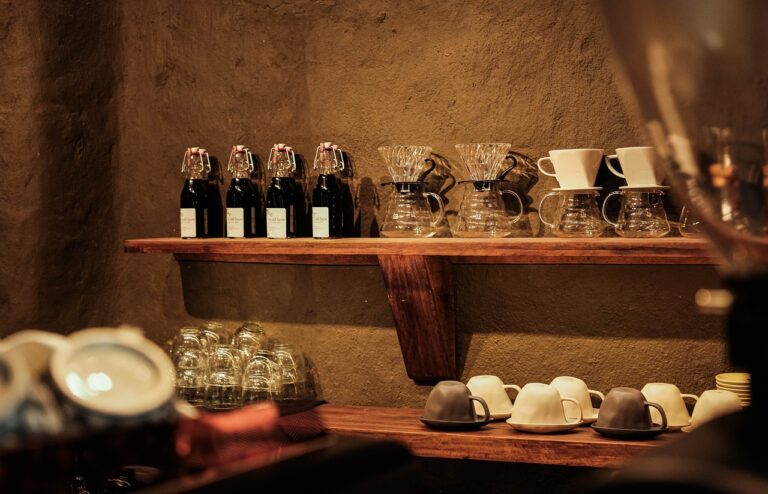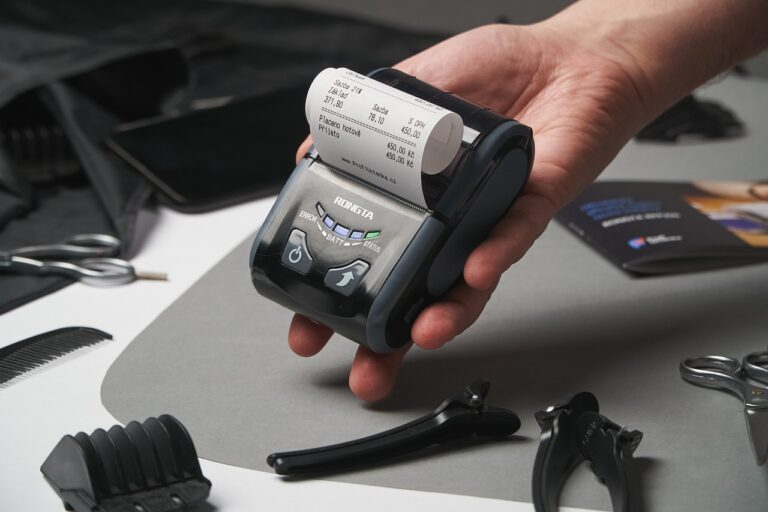Stationery for Bookish Podcasters: Microphones, Editing Software, and Hosting Platforms
goldenexch99, cricbet99 club.com, king567 login: As a bookish podcaster, creating engaging and high-quality content is essential to growing your audience and standing out in a crowded podcasting space. In order to produce professional-sounding episodes, you’ll need the right stationery tools at your disposal. From microphones to editing software and hosting platforms, here are some key items to consider for your podcasting setup.
Microphones
A quality microphone is crucial for capturing clear and crisp audio for your podcast episodes. There are several options to choose from, including USB microphones and XLR microphones. USB microphones are a great choice for beginners as they are easy to set up and use, while XLR microphones offer higher audio quality and more control over sound settings. Popular options include the Blue Yeti USB microphone and the Audio-Technica AT2020 XLR microphone.
Pop Filters and Mic Stands
To improve the audio quality of your recordings, consider investing in a pop filter to reduce plosive sounds like “p” and “t” that can distort your audio. Additionally, a mic stand can help you position your microphone at the optimal distance for capturing your voice clearly without picking up background noise.
Editing Software
Editing software is essential for polishing your podcast episodes and making them sound professional. Popular options include Audacity, GarageBand, Adobe Audition, and Hindenburg Journalist. These programs allow you to edit out mistakes, add music and sound effects, and enhance the overall quality of your recordings.
Headphones
A good pair of headphones is essential for monitoring your audio while recording and editing your podcast episodes. Look for headphones that offer a flat frequency response and comfortable padding for long editing sessions. Popular options include the Audio-Technica ATH-M50x and the Sony MDR-7506.
Hosting Platforms
Once you’ve recorded and edited your podcast episodes, you’ll need a hosting platform to distribute your content to listeners. Popular hosting platforms include Podbean, Libsyn, Buzzsprout, and Anchor. These platforms provide tools for uploading, scheduling, and distributing your episodes to major podcast directories like Apple Podcasts, Spotify, and Google Podcasts.
FAQs
Q: Do I need a separate audio interface for my XLR microphone?
A: Yes, an audio interface is necessary to connect your XLR microphone to your computer for recording and editing.
Q: Can I use free editing software for my podcast?
A: While free editing software like Audacity can be a good starting point, investing in a paid program like Adobe Audition can offer more advanced features and capabilities.
Q: Do I need a website for my podcast?
A: Having a website can help promote your podcast and connect with your audience, but it is not necessary to get started. Many hosting platforms provide webpage templates for your podcast episodes.
In conclusion, investing in the right stationery tools for your bookish podcast can help you create professional-quality content and grow your audience. By choosing the right microphones, editing software, and hosting platforms, you can elevate your podcasting experience and stand out in the competitive world of podcasting.







